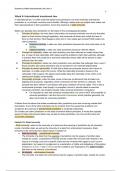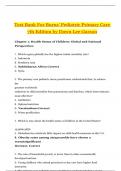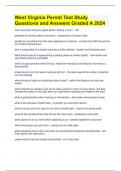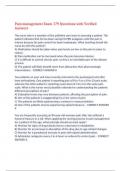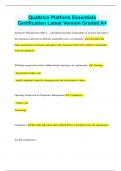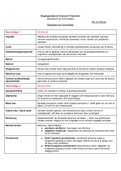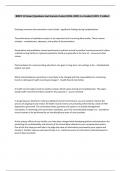Samenvatting
SAMENVATTING PUBLIC INTERNATIONAL LAW (CIJFER: 9) WEEK 4 INTERNATIONAL INVESTMENT LAW ALLES SAMENGEVAT
- Instelling
- Erasmus Universiteit Rotterdam (EUR)
- Boek
- International Law
Alle stof voor week 4 van Public International Law. Alle literatuur, e-lessons, arresten en webcasts/hoorcolleges is samengevat. De lengte van de samenvatting komt doordat alle webcasts volledig zijn uitgetypt en alle e-lessons ook! *Public international law bestond uit héél véél stof! Week 4 b...
[Meer zien]
